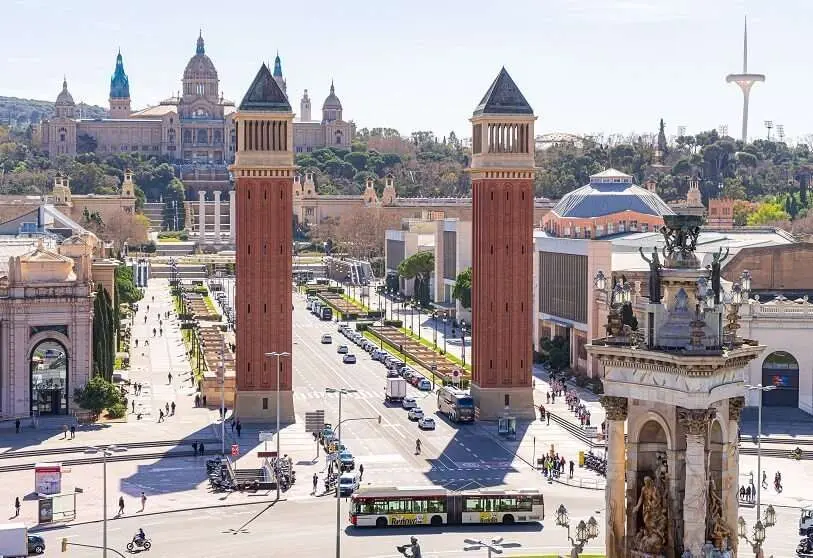Barcelona, on the lookout for talent

Since the end of the Second World War, trade and capital flows have been more liberalised than at any other time in history, while human mobility remains highly restricted. However, in a global knowledge economy, countries that do not compete for highly skilled workers will be left behind.
Now is the time to harness the benefits of talent mobility to contribute to diversity in the economy and to generate employment opportunities that require national or global mobility. While most of the developed world is ageing, many developing countries have a growing proportion of young people.
Borderless talent creates value. In a world driven by flows of people, capital and ideas, this talent is the great driver of the economy, start-ups and internationalisation. In the United States, Canada or the United Arab Emirates, where different nationalities live and work together, the most successful companies are those that incorporate the influences and values of other cultures, and allow a broad spectrum of people to actively participate and harness the potential to make the best of their diversity.
Bringing together skills, creativity and cultures generates synergies and richness. And when talking about immigration, it is often forgotten that diversity is the one thing we all have in common.
Cities must undertake a comprehensive and continuous process that starts with attracting potential talent, focuses on retaining the best and ensures their sustained professional development. Only those cities that are committed to creating differentiated competitive environments, to innovating, to generating valuable activities while providing efficient logistics networks and services and higher levels of satisfaction will endure.
Barcelona is already emerging as a destination for international talent, and will be the headquarters of the European Network for International Talent Retention (ENGAGE) from 2023. The city has infrastructures, a large hotel offer, innovation districts useful for international promotion, and can develop an offer that is both quantitative and of quality. But it must consolidate and capitalise on its brand and reputation and facilitate the attraction, arrival and retention of talent, companies, academic centres and international institutions, to the benefit of the city and its citizens.
The Catalan capital occupies a strategic position, and its model can be a reference for exchange, dialogue and integration. But it is necessary to consolidate its commitment as a platform city and a decisive centre in the Mediterranean. To do so, it is necessary to combine wills and resources and to row in a single direction.
Barcelona has achieved a spectacular transformation and a dynamism that has earned it worldwide recognition and admiration. But the race is not over. We live in a complex world and the reality shows an increase in international competition. To ignore it would be very dangerous. One cannot act as if success depends on history or as if the future is predetermined by the past.

